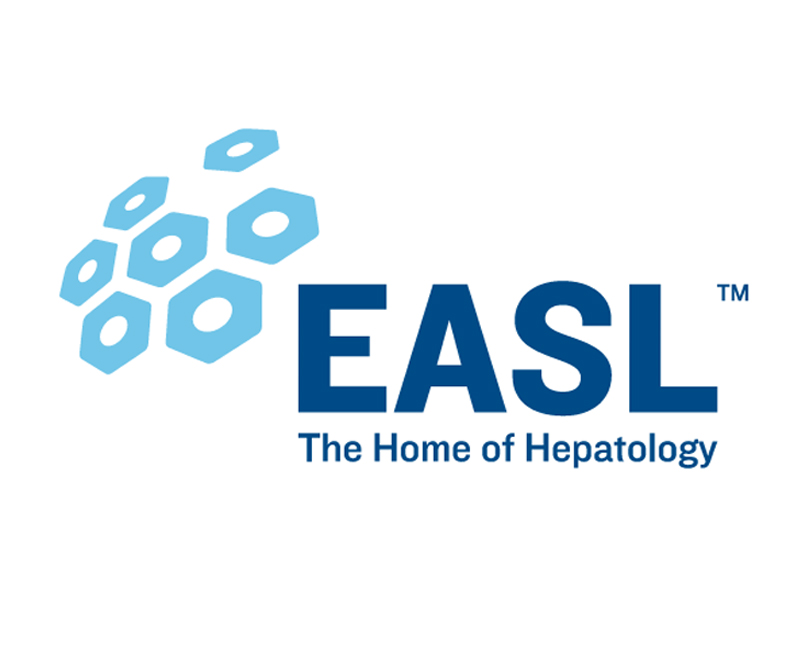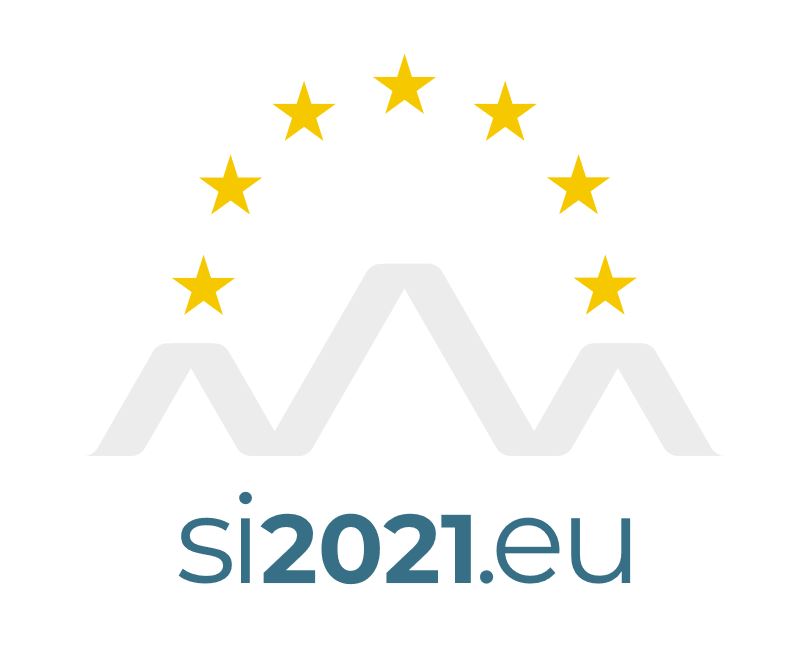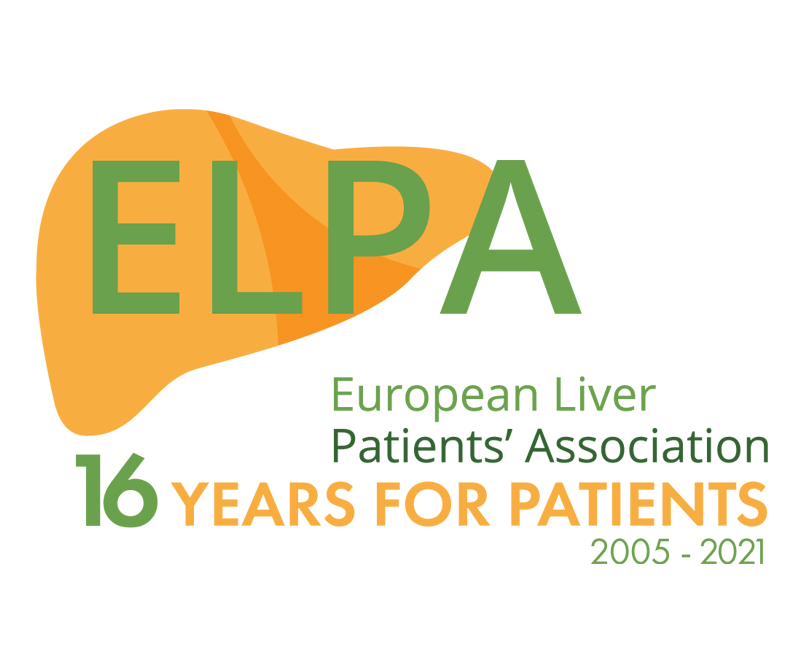Event description
Under the patronage of the Slovenian presidency of the Council of the European Union, the European Association for Study of the Liver (EASL) and the European Liver Patients’ Association (ELPA) are organising an advocacy event with the support of:
- University Medical Centre Ljubljana
- Medical Faculty, University of Ljubljana
- Slovenian Society of Infectious Diseases
- Slovenian Association for Gastroenterology and Hepatology
- Slovenian patient association for people with hepatitis – Slovenia HEP
- Cancer Patients’ Association of Slovenia
- WHO Country Office in Slovenia
The goal of this event is to emphasise the most urgently needed actions to tackle the multifaceted issue of liver cancer.
Liver cancer is steeply on the rise, unlike other preventable cancers, which are either stable or in decline. It is the sixth most common cancer and the third leading cause of cancer-related deaths. To tackle this growing burden, it is essential that the right measures are implemented: to ensure prevention and early detection, to address inequalities, and thus reduce the rising curve of liver cancer.
This event will convene key actors to facilitate a fruitful conversation among experts, policy–makers, and patients. They will discuss what effective and evidence-based policies could be implemented to tackle the disease burden. Political will is urgently needed to enable the empowerment of prevention and early detection of liver cancer and, in so doing, to save lives.
Background and objectives
This advocacy meeting aims to raise awareness of the importance of chronic disease and liver cancer prevention. The European Commission’s “Beating Cancer Plan” proposal (adopted in February 2021) recognises the importance of identifying and addressing the main risk factors in liver cancer. For example, facilitating access to hepatitis B vaccinations and to treatments to prevent liver cancer associated with the hepatitis C virus and harmful alcohol consumption, will help reduce the number of people who go on to develop liver cancer. Other strategies set to be implemented include: raising awareness about obesity and type-2 diabetes, by limiting the marketing and promotion of sugary food items. Many of these strategies are aimed at preventing liver diseases that lead to liver cancer.
However, for people who already have liver damage, liver cancer screening and early diagnosis are key to reducing liver cancer–related mortality. Thus, targeted cancer screening including additional cancers, such as liver cancer, must be considered in the new EU-supported Cancer Screening Scheme.
Target audience
We warmly invite all parties involved in the process of policy–making and decision-making regarding the prevention and detection of cancer, and its cancer, especially liver cancer. This includes civil society organisations, representatives from patient organisations, members of the EU parliament, medical associations, and other actors involved in the fight against cancer in Europe and beyond.





